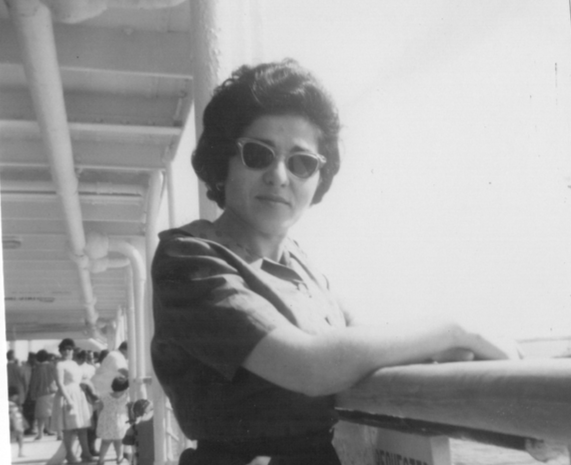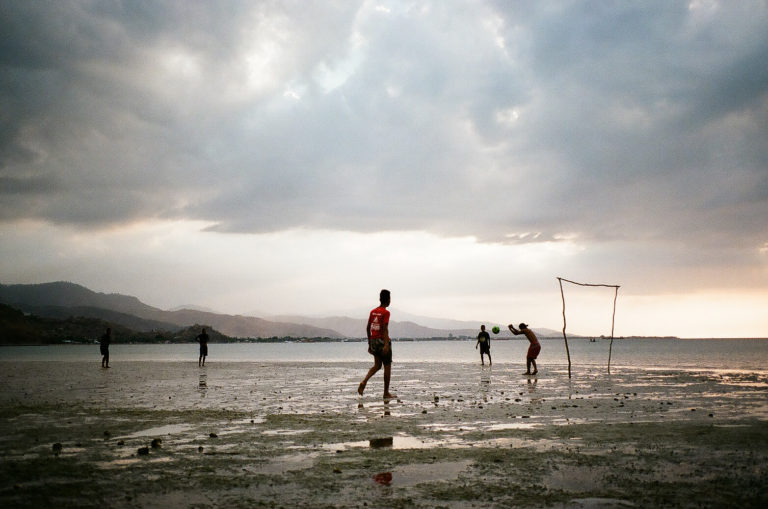
Water, water, everywhere?
We are inseparable from water — more than relying on it, we are constituted by it. Alison Whittaker reflects on the water crisis and its colonial roots.

We are inseparable from water — more than relying on it, we are constituted by it. Alison Whittaker reflects on the water crisis and its colonial roots.

With anti-discrimination law as complex as Australia’s, our lawmakers must be scrupulous with how anti-discrimination legislation is designed, or risk stigmatising our young LGBTIQ+ people.

When it comes to trusting those in power, we comfort ourselves with the belief that checks will balance back to our favour. But what if they’re written out of the legislation?

I recently found myself, an avid lover of fashion, remarking to a colleague: ‘Really, all aspects of the fashion chain are terrible. The more I think about it, the more I feel like we shouldn’t wear clothing at all – we should all just be nude’. She laughed, but I was kind of serious. It […]

How will automation and globalisation affect the way we work in the future?

How can we use human rights to ensure that the worst of what humanity is capable of is kept at bay?

Anna Arstein-Kerslake and Claire Spivakovsky discuss the draft Terms of Reference recently released by the Disability Royal Commission, and whether it will address the issues of violence experienced by persons with disabilities.

I still remember the callous advertising campaign from 2014. You couldn’t turn on the TV without seeing the commander of Operation Sovereign Borders in his military uniform, patriotic as can be, threatening anyone arriving by boat, “You will not make Australia home”. The then prime minister, Tony Abbott, made his stance against people smugglers painfully […]

The Australian Consumer Data Right fails to recognise consumer rights and essential services as human rights.

In her first column for Right Now, Lur Alghurabi considers one’s relationship to country and to citizenry through the lens of her experience and through that of those around her, including her father.

The donation of goods that can’t be used adds an extra burden to communities affected by disaster. This is why cash is always best.

Content warning: please note this article may be confronting to some readers. Described within are the experiences of LGBTIQ+ people in Timor-Leste.